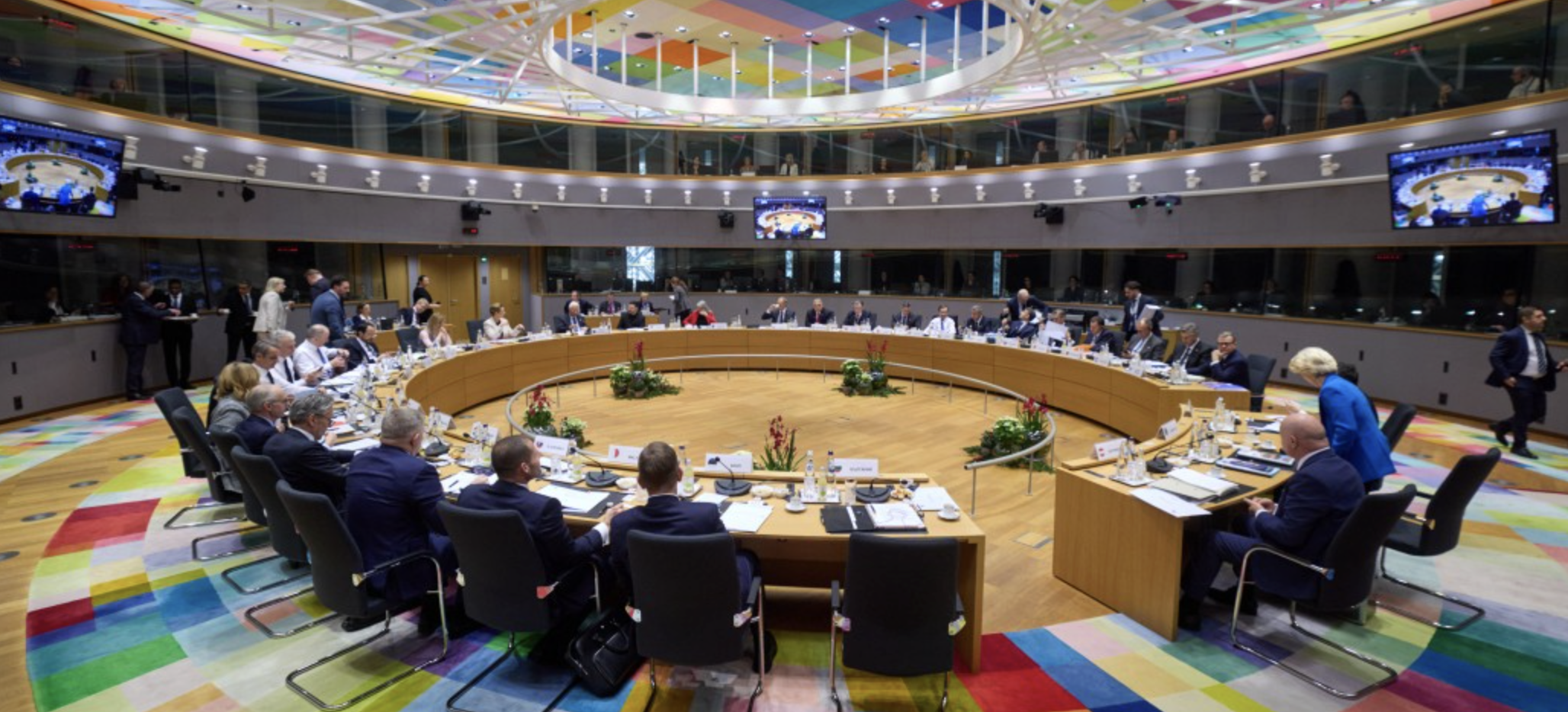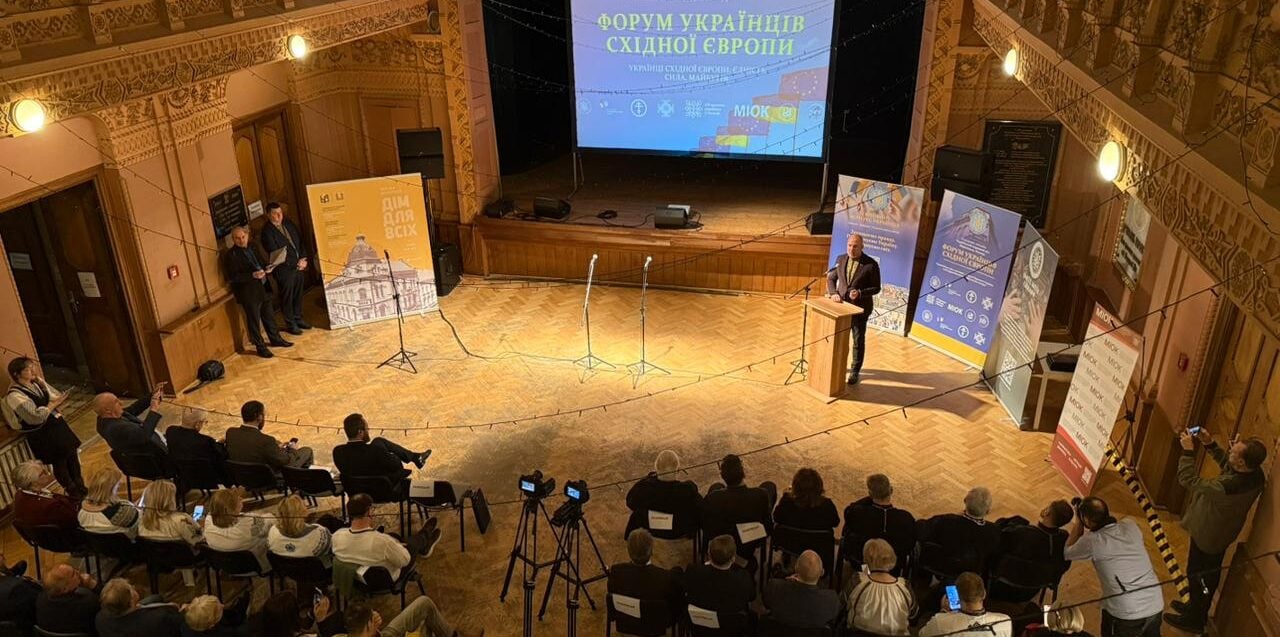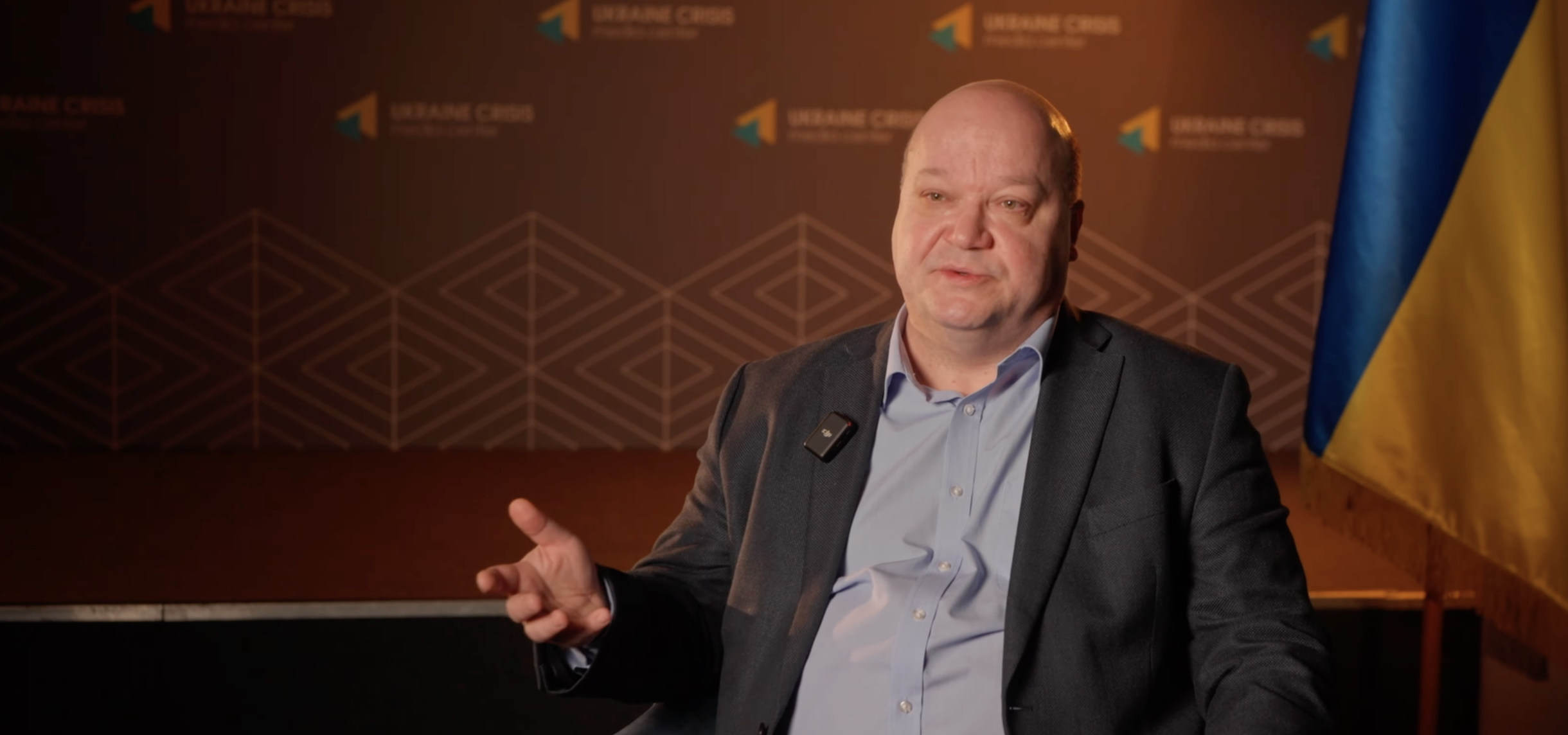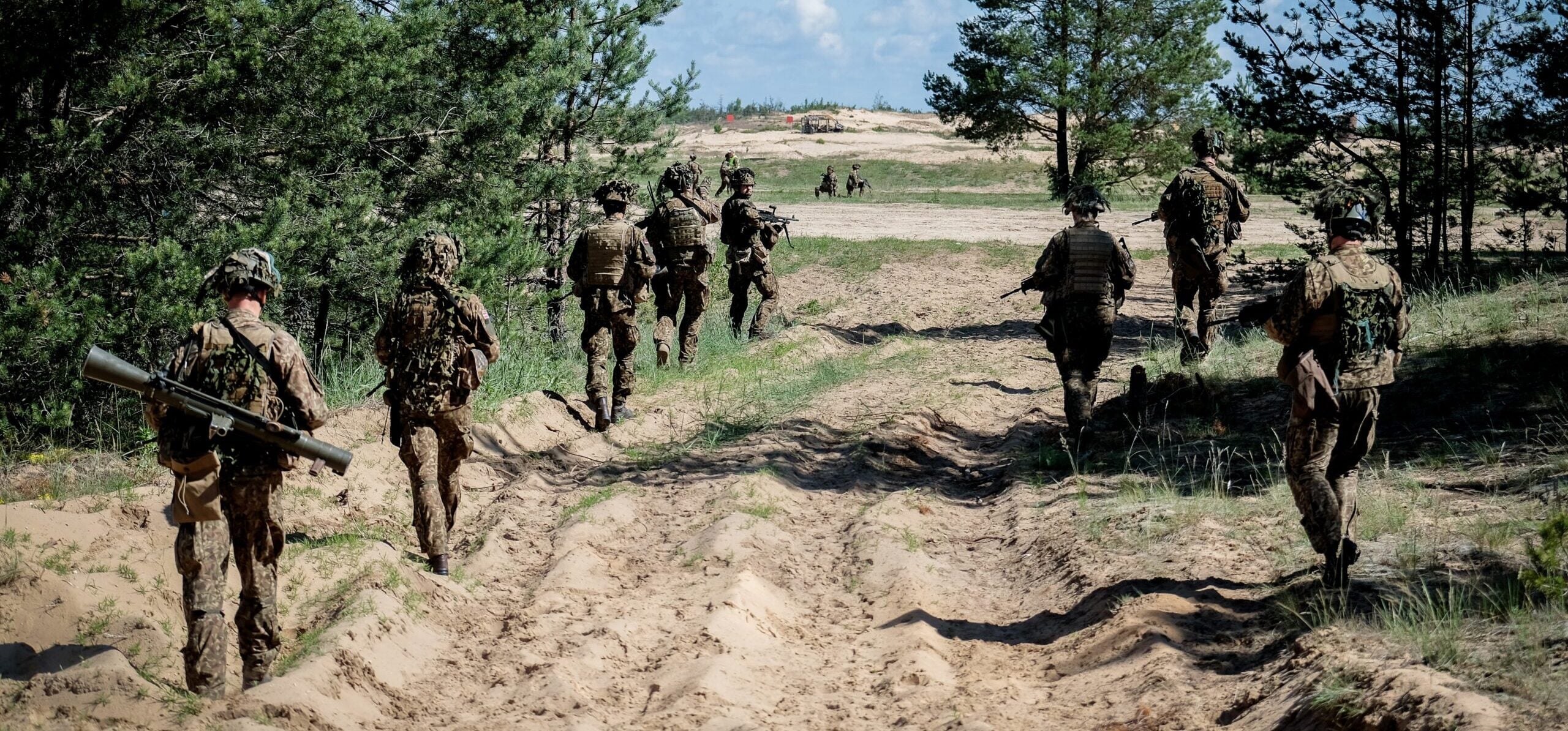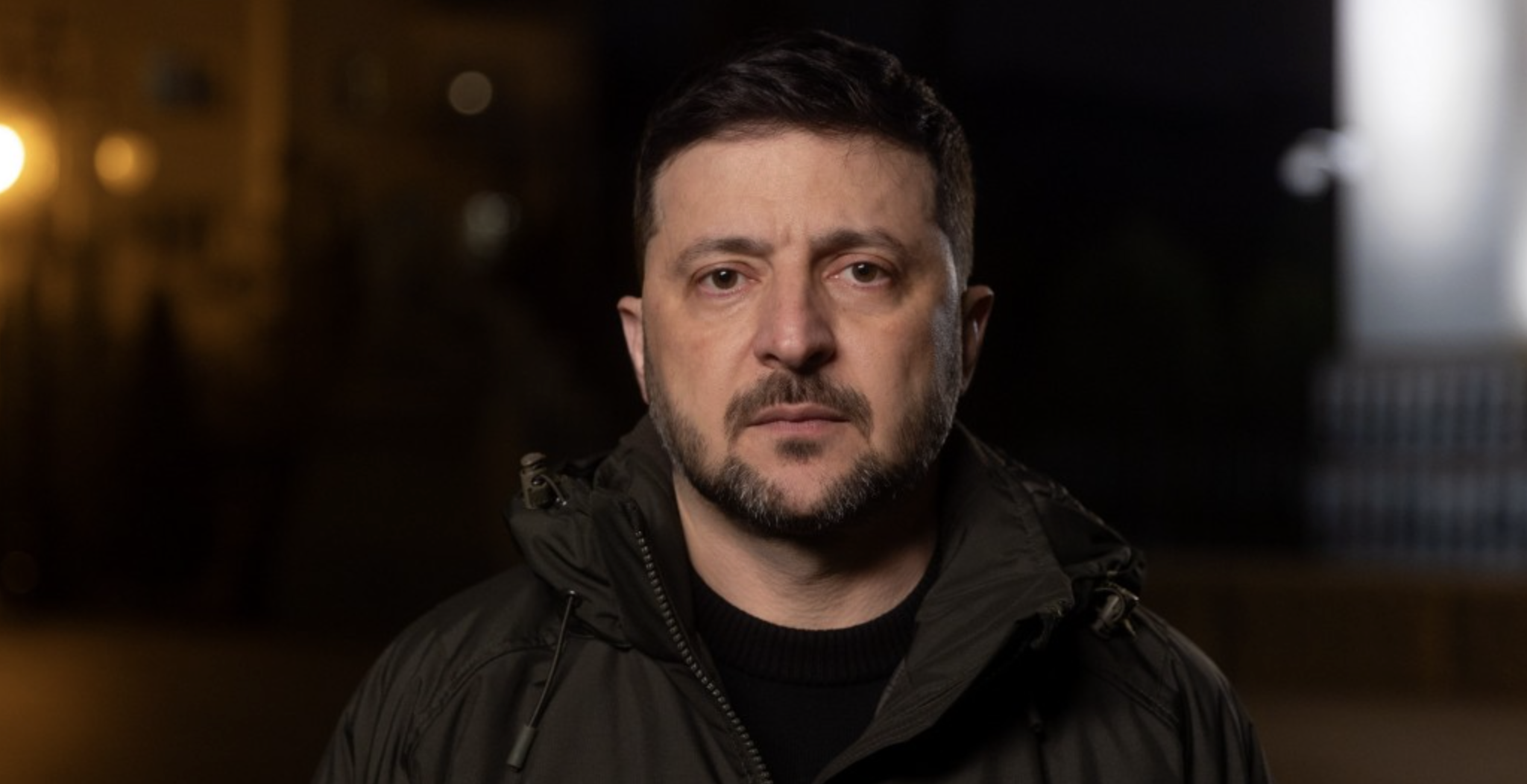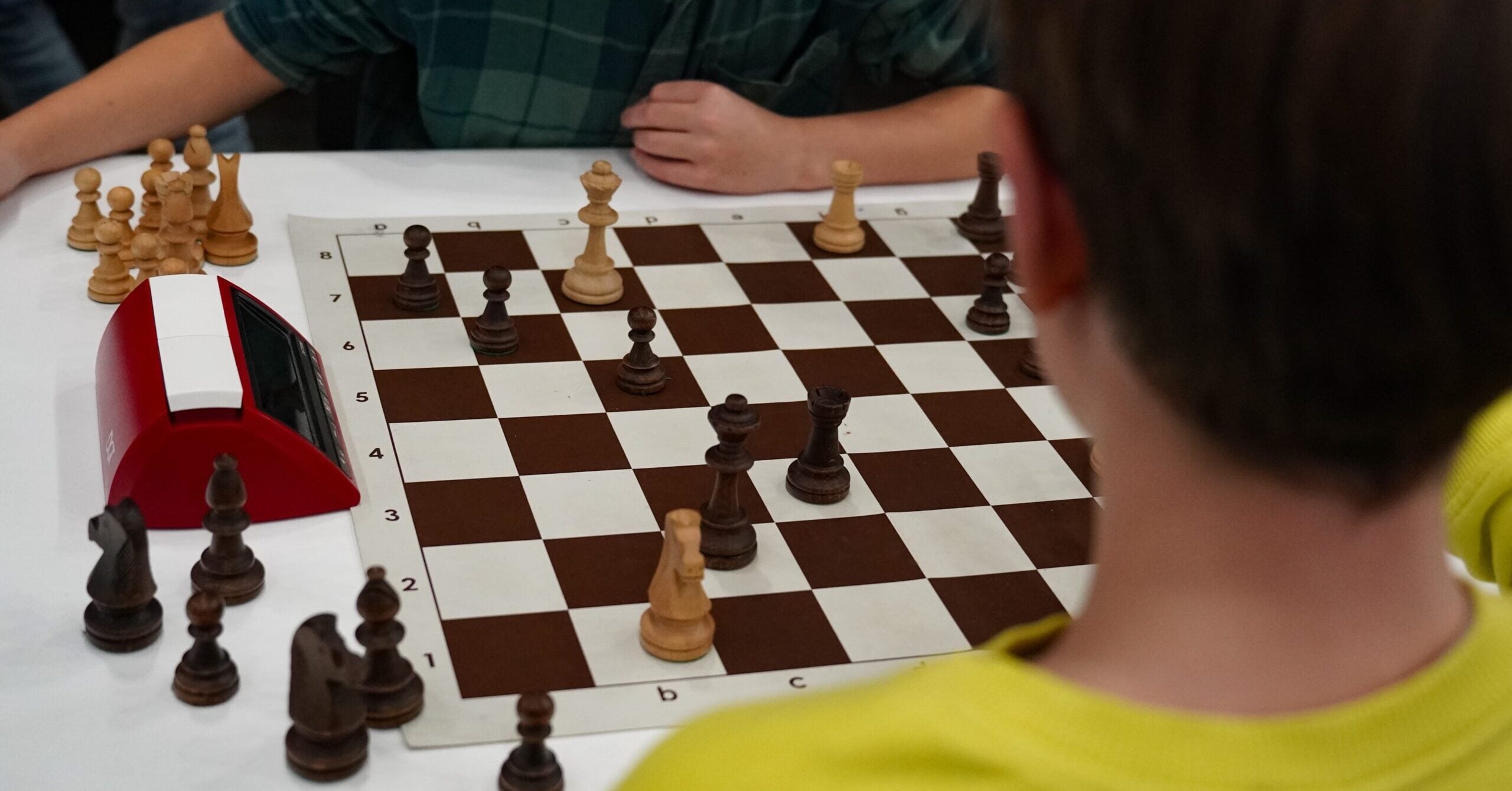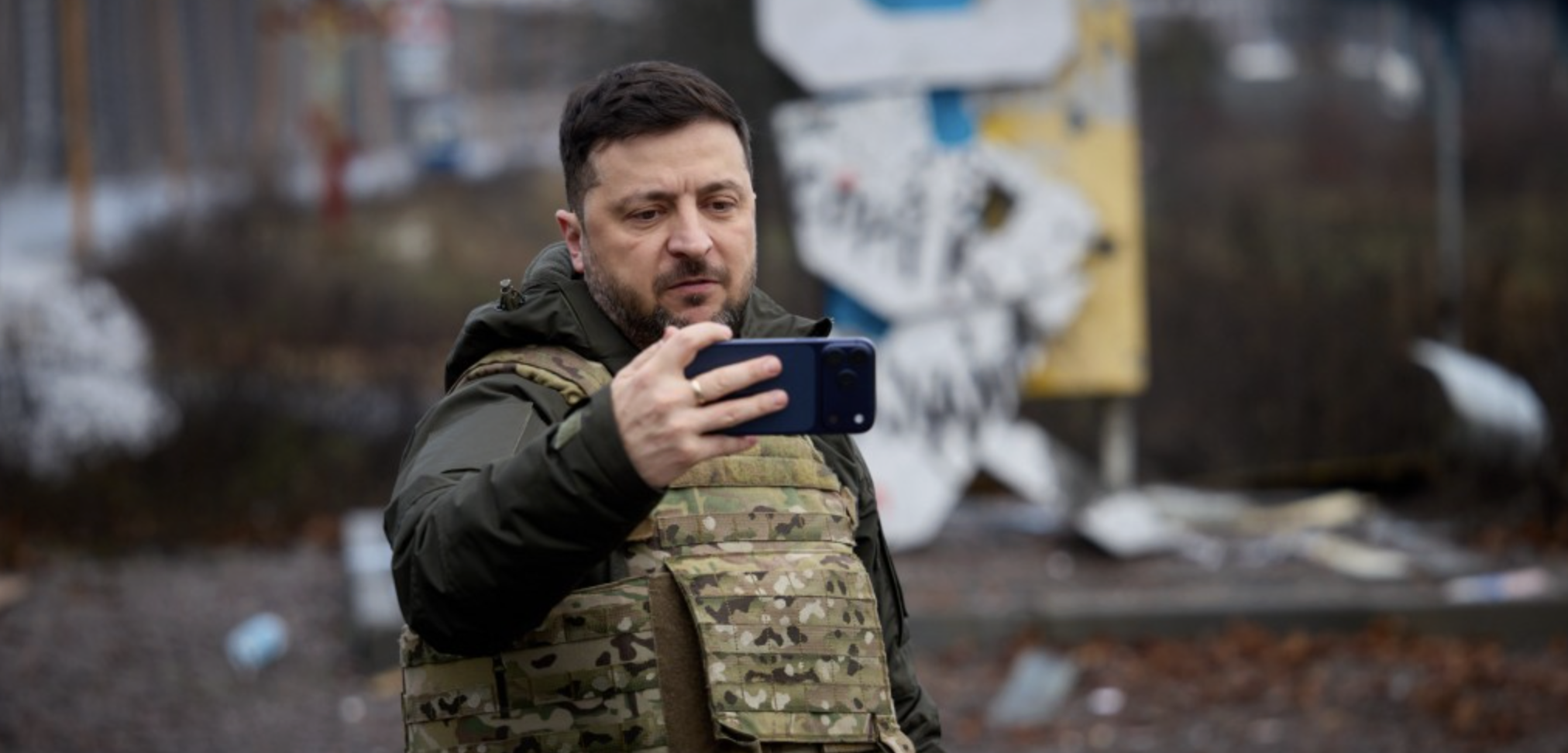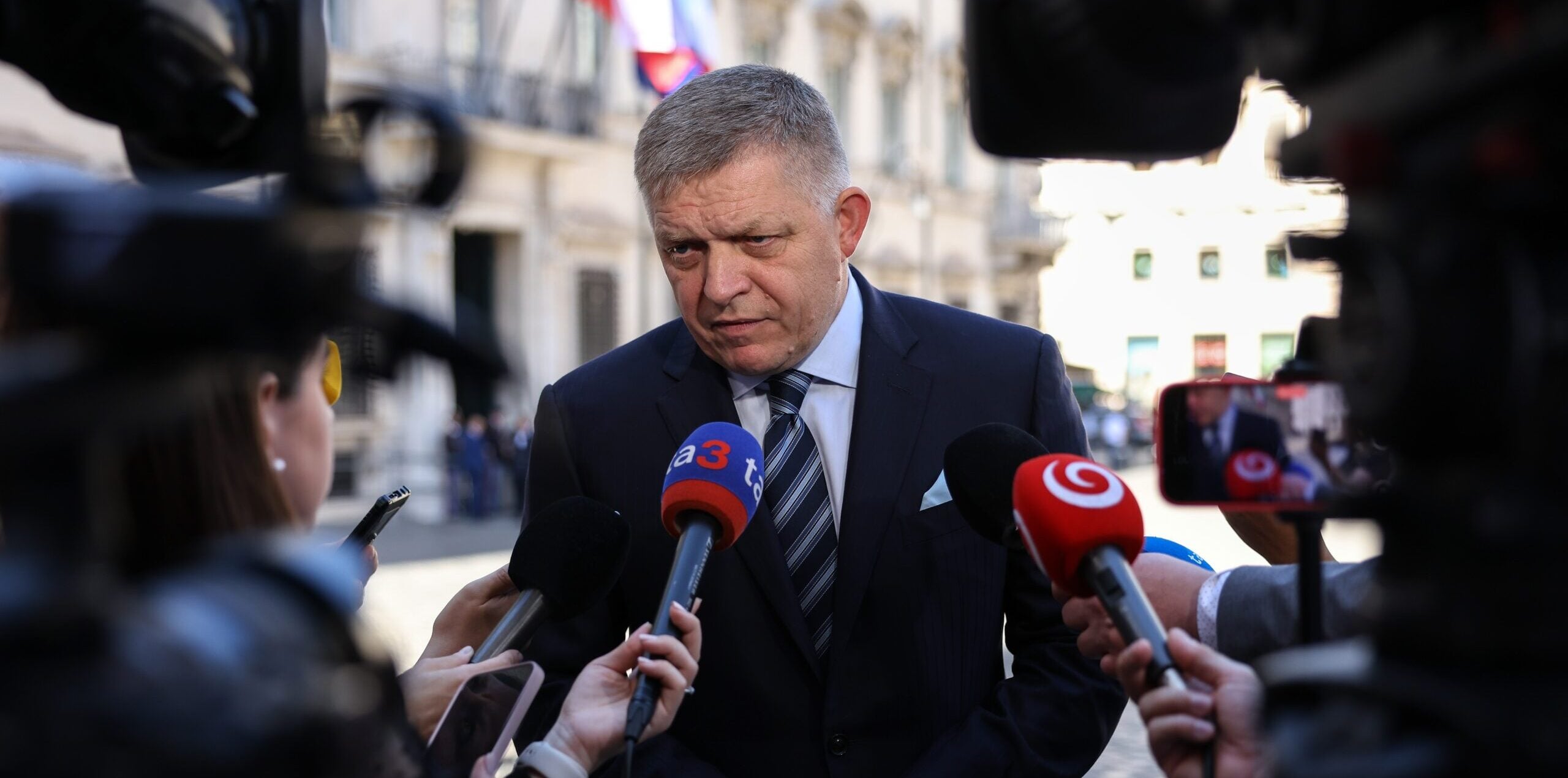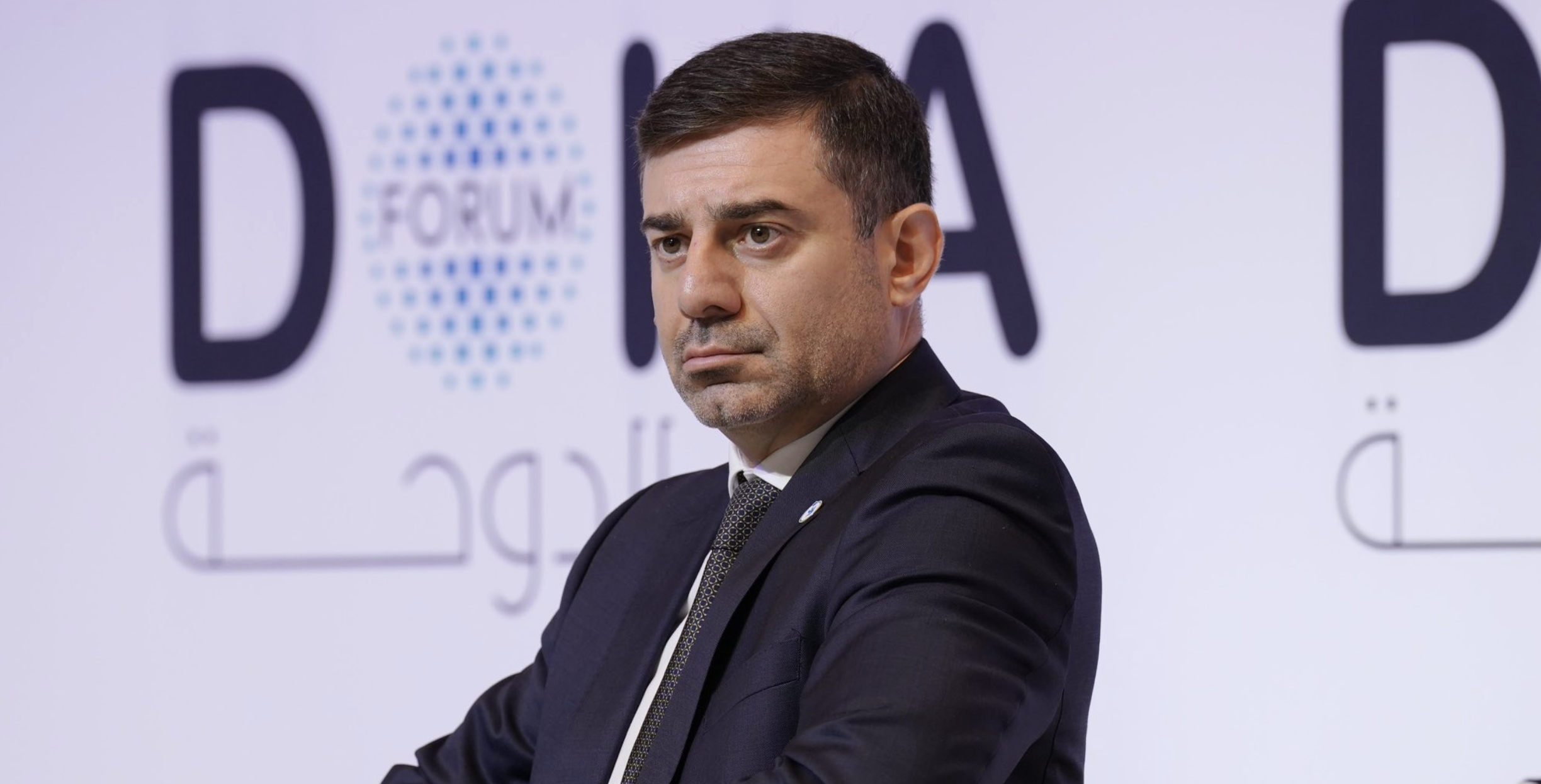
The Ukrainian World Congress expresses its gratitude to the Ukrainian Canadian Congress (UCC) for its effective campaign against Russian propaganda in the screening of the film “Russians at War” by Russia Today propagandist Anastasia Trofimova at the Toronto International Film Festival (TIFF).
After numerous calls and protests, the Toronto International Film Festival did not cancel but suspended the screening of the film. In its statement, TIFF emphasized that the decision was “forced.”
“This is an unprecedented move for TIFF. This has been an incredibly difficult decision. When we select films, we’re guided by TIFF’s Mission, our Values, and our programming principles. We believe this film has earned a place in our Festival’s lineup, and we are committed to screening it when it is safe to do so,” the statement reads.
The Ukrainian World Congress (UWC) is calling on the Toronto International Film Festival (TIFF) to adopt a principled stance, admit its error, and acknowledge its role in disseminating Russian propaganda through a film that has been co-opted by the Kremlin to rationalize its unwarranted and harsh aggression against Ukraine.
“We commend the Ukrainian Canadian Congress, our constituent organization, for so skillfully leading this campaign and call on TIFF to take a principled stand and under no circumstances allow Russian propaganda. This film is an indicator of how effectively the propaganda machine works. It is important for us, as Ukrainians, to open the world’s eyes to such practices,” said UWC President Paul Grod.
Earlier, Ontario’s publicly funded English-language media organization, TVO, announced that it would “no longer be supporting or airing “Russians at War”.
Earlier, the UCC repeatedly called on the Toronto International Film Festival to cancel screenings of the propagandist film “Russians at War.” The UCC also demands that the Canadian and Ontario governments immediately investigate why taxpayer money was used to fund Russian propaganda.
The “Russians at War” “documentary” received funding from the Canadian Media Fund, a public-private partnership supported by the Canadian Heritage Department, according to the UCC. The film features stories of Russian occupiers and only fragments of real battles. Trofimova argues that she created an “anti-war” film intended to showcase “ordinary people” and counter the notion that all Russian soldiers are criminals.
Cover: UCC on Facebook
